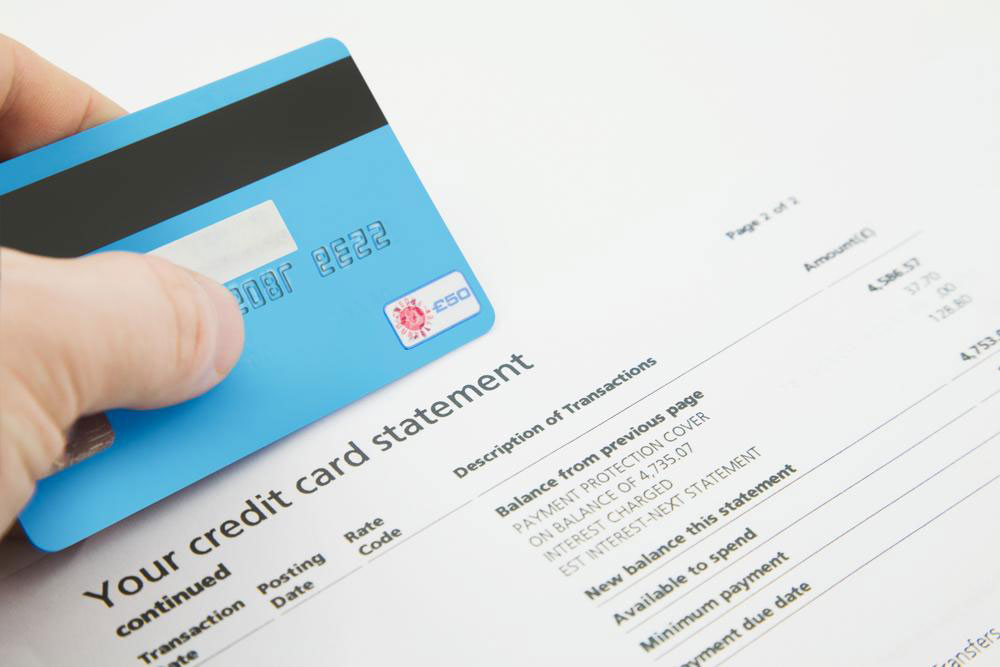Essential Strategies for Expats to Safeguard and Improve Their Credit Ratings
Expats face unique financial challenges that threaten their credit health while living abroad. This comprehensive guide offers top strategies including timely bill payments, effective communication with banks, safeguarding personal data, maintaining local and home country accounts, and understanding foreign banking systems. Implementing these practices ensures your credit remains strong, providing financial security and positioning you for future borrowing needs. Whether you’re relocating for work or study, these tips help you manage your credit profile confidently and efficiently, maintaining your financial stability across borders.

Essential Strategies for Expats to Safeguard and Improve Their Credit Ratings
Living abroad for work or study opens up exciting opportunities, but it also presents unique financial challenges that require careful planning and management. One critical aspect often overlooked by expatriates is maintaining a strong credit profile. Your credit rating is vital for accessing loans, credit cards, and favorable financial terms, even when overseas. Managing your finances effectively while adapting to a new banking environment can be complex, but with the right strategies, you can ensure your credit remains healthy and secure during your international tenure.
Prioritize Timely Bill Payments
One of the foundational steps to preserving your credit score is ensuring that all your bills are paid promptly. Before relocating, settle any outstanding dues to avoid financial hiccups once abroad. Timely payments reflect positively on your credit history and score, demonstrating responsibility to lenders and financial institutions. Delay in payments can lead to penalties, increased interest rates, or even default status, which can significantly damage your credit standing. As an expat, managing these payments can become complicated if the banking procedures differ from your home country, so setting up automatic payments or reminders can help you stay on top of your financial obligations.
Inform Your Banking Institution of Your Move
It’s essential to notify your bank or financial provider about your move abroad. Doing so enables them to update your account details, flag potential fraud, and give you tailored advice on managing your accounts from overseas. Establishing clear communication lines ensures that no important notifications or updates are missed, thereby preventing potential account freezes or other issues that could arise from unrecognized foreign activity. Maintaining transparent communication with your bank also helps in smooth international transactions, currency exchanges, and accessing your funds without unnecessary delays.
Maintain a Local Account in Your Home Country
Many expats find it advantageous to keep a local bank account in their home country. This account provides a reliable financial link and can be crucial during emergencies or when global banking systems face disruptions. Having a home country account can simplify currency conversions, reduce transaction fees, and give you quick access to funds without waiting for international wire transfers. Additionally, this account helps preserve your credit history back home, which can be beneficial when applying for future loans or credit facilities.
Protect Your Identity and Monitor Your Accounts
Identity theft and financial fraud are risks that increase when living abroad, especially if your bank notices unusual account activity. Always inform your bank about your overseas move to help them detect suspicious transactions early. Regularly monitoring your account statements and credit reports can further help in identifying unauthorized activity swiftly. Many banks offer alert services for unusual transactions—activating these can add an extra layer of security, giving you peace of mind that your financial resources remain protected.
Avoid Closing Accounts in Good Standing
While it might seem tempting to close accounts you no longer actively use, doing so can negatively impact your credit score by reducing your overall credit limits or account diversity. Maintain active, in good standing accounts unless there’s a compelling reason to close them, as they contribute positively to your credit profile. This is particularly important for accounts that are older, as they help boost your credit history length and creditworthiness.
Learn About the Banking System in Your New Country
Understanding the local banking system is crucial for smooth financial management abroad. Different countries may have unique procedures, requirements, and regulations regarding account management, loan applications, and credit reporting. Familiarize yourself with the local currency, transaction fees, banking hours, and online banking services. This knowledge will help you navigate the financial landscape more effectively, ensuring your credit remains healthy and that you can access your funds seamlessly.
Keep Your Home Country Bank Account Active
Maintaining an active bank account in your homeland provides stability in your financial life. Even if you open multiple accounts overseas, keeping a local account back home can serve as a backup and help in credit maintenance. It allows for easier transfer of funds, streamlines communication with lenders or credit bureaus, and offers flexibility in managing cross-border transactions. This dual-account strategy helps to mitigate any potential issues arising from currency fluctuation, banking policies, or international restrictions.
Manage Your Account Balances and Credit Utilization
Effective management of your bank account balances is key to maintaining a good credit score. Ensure your accounts always have sufficient funds to cover your bills and commitments. High balances or frequent overdrafts can negatively impact your credit profile. Keep your credit utilization ratio low by not maxing out credit cards or lines of credit. Responsible financial behavior, such as paying off balances on time and maintaining healthy account activity, directly contributes to a strong credit rating.
Stay Updated with Financial News and Tips
In the rapidly evolving financial world, staying informed about banking updates, regulations, and credit management tips is essential. Follow reliable financial news sources, social media channels, or subscribe to newsletters that focus on expatriate banking and credit management. Being proactive in understanding changes in currency exchange rates, international banking fees, or credit reporting laws can help you adapt quickly and protect your financial interests during your stay abroad.
In conclusion, expatriates can effectively preserve and enhance their credit scores by implementing strategic financial management practices. From timely payments, active communication with banks, maintaining a local account, safeguarding personal information, to understanding the local banking environment—each step plays a vital role. Proactive measures help prevent potential financial setbacks and ensure that the expat’s credit profile remains robust, facilitating smoother financial transactions across borders and opening doors to future credit opportunities.





